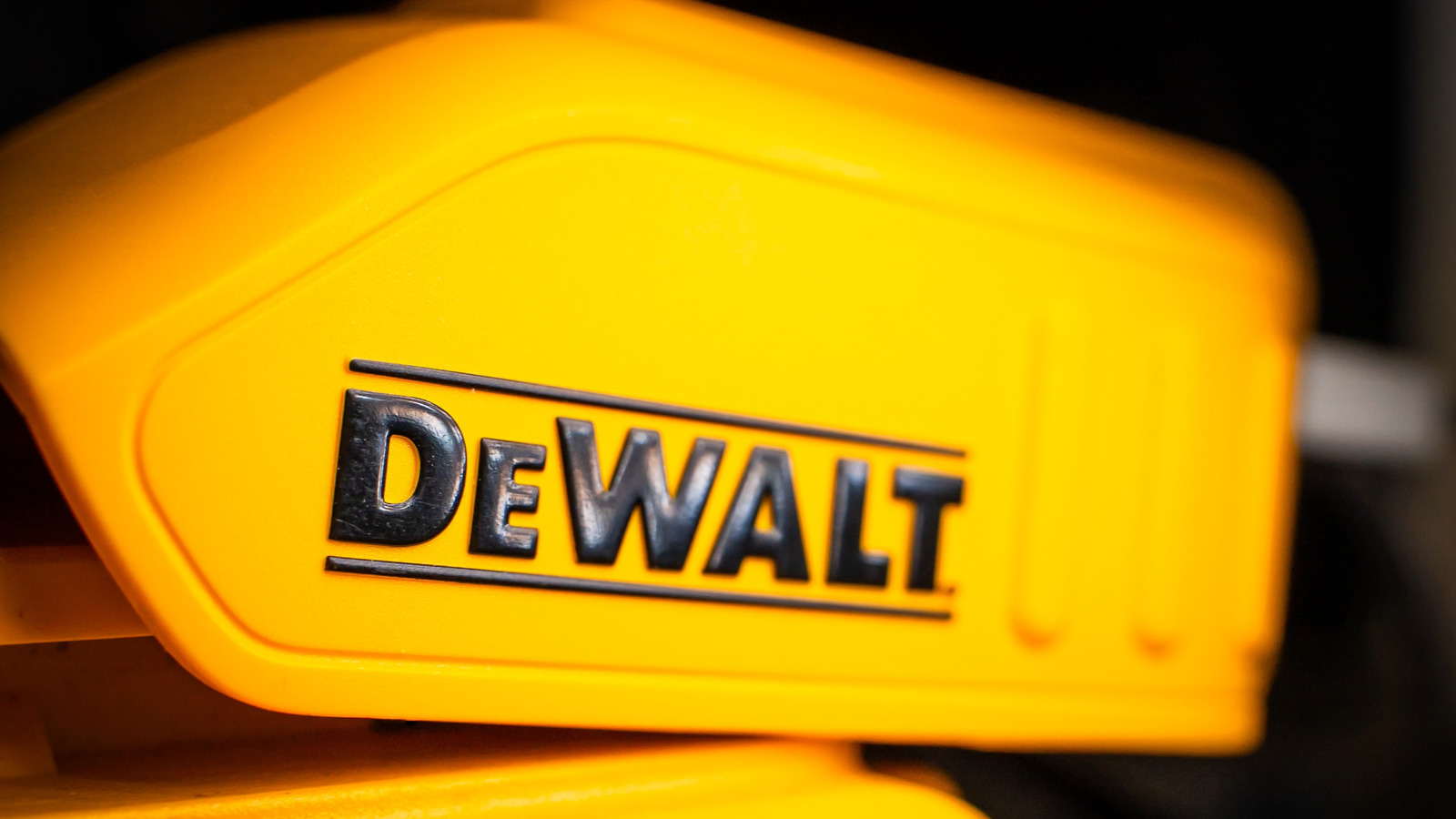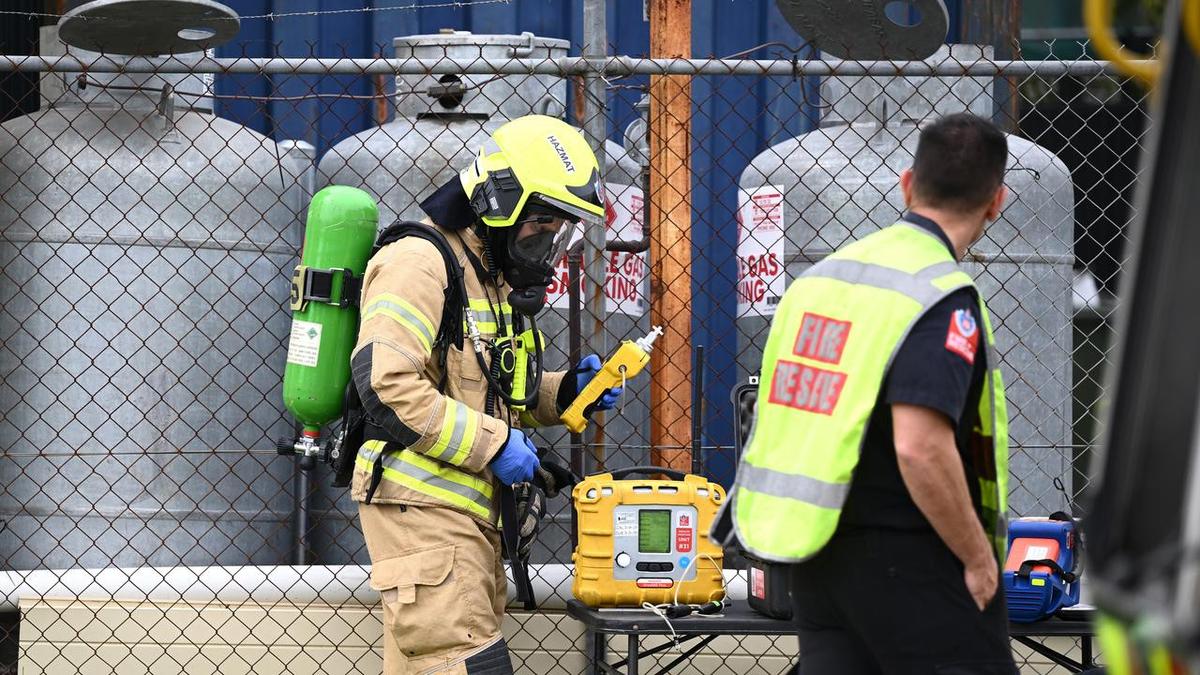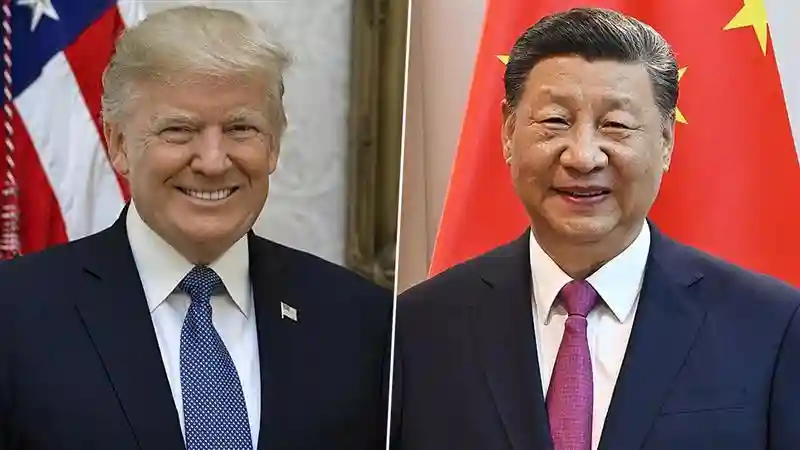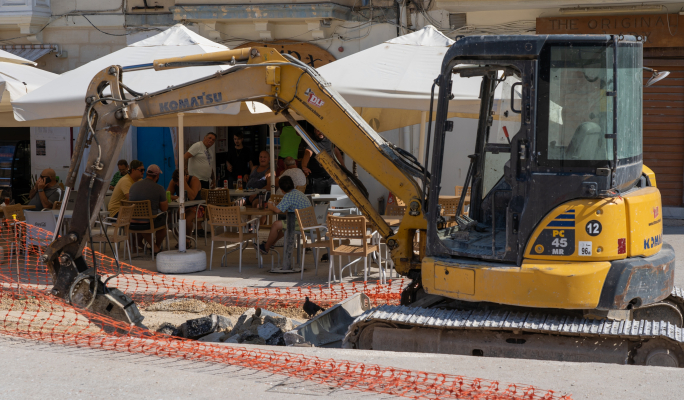Army to install electronic fence and shut border crossings indefinitely after latest clashes in Sa Kaeo
By Joseph O’ Connor
Copyright thaiexaminer
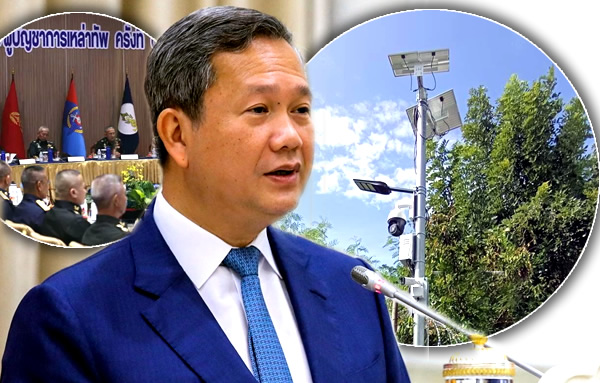
Thai army shuts all Cambodian border crossings indefinitely and begins installing a high-tech electronic fence after deadly Sa Kaeo clashes, while Phnom Penh urgently seeks third-party mediation to prevent further violent escalation along the tense frontier.
The Thai military struck back decisively on Friday after border disturbances erupted in Sa Kaeo Province on Thursday, shutting all crossings with Cambodia indefinitely. Since fighting escalated last summer, the Pheu Thai-led government handed full control of border areas to the military. Now, according to military sources, an electronic border fence is set to be installed, a major move in a long-term plan to lock down the Thai-Cambodian frontier. The escalation comes after half a dozen Thai soldiers lost limbs since hostilities reignited in July. Meanwhile, Cambodia’s Prime Minister is scrambling for third-party intervention as tensions continue to flare.
This week, violent clashes erupted along the Thai-Cambodian border in Sa Kaeo Province. The Royal Thai Police, Thai military, and Cambodian citizens, supported by the Cambodian military, were involved. The confrontation followed the ejection of Cambodian citizens from disputed land in Trat Province. Moreover, the Royal Thai Army published detailed maps showing that the clashes occurred well inside Thailand’s territory. As a result, the Thai government reaffirmed its commitment to protecting national sovereignty.
Thailand has deployed makeshift barricades along the border in recent weeks. This follows incidents where six Thai soldiers lost feet due to Russian-made PMN-2 mines allegedly planted by Cambodian forces.
Thailand is increasing security measures and barricades after deadly clashes raised tensions sharply along the border.
Thai forces have reinforced border barricades after soldiers lost limbs and tensions continue to escalate
Furthermore, the incidents underscored the risk posed by cross-border criminal operations. Consequently, Thai military authorities accelerated plans to strengthen border security.
In response to the escalating tensions, Cambodian Prime Minister Hun Manet called Malaysian Prime Minister Anwar Ibrahim. He also contacted representatives from China and the United States. Hun Manet, considered the more moderate and pragmatic face of Cambodia, urged immediate intervention. Specifically, he sought to prevent further clashes that had already caused casualties in Prey Chan Village, Obi Chan Commune, U Chorf Subdistrict, Banteay Meanchey Province.
Hun Manet emphasised the importance of respecting previously agreed border arrangements. In addition, he requested that no provocative actions be taken by either side. Meanwhile, Cambodian Prime Minister Hun Sen publicly warned that tensions are rising, describing the situation as volatile and dangerous. Therefore, both Bangkok and Phnom Penh face a delicate balancing act to avoid escalation.
Cambodia appeals for international help as tensions rise and the risk of renewed clashes grows on the border
Thailand responded swiftly. The Royal Thai Army began constructing an “electronic fence” along disputed sections of the border. The fence incorporates CCTV surveillance, lighting systems, and tactical roads for rapid military response. On September 18, the first CCTV pole was installed at the 50th border marker near Khlong Luek checkpoint in Aranyaprathet District, Sa Kaeo Province. The installation includes one Pan-Tilt-Zoom camera and two fixed cameras. Additionally, solar power ensures uninterrupted operation, and a 512 GB storage system records up to 30 days of footage.
The 12th Ranger Company cleared overgrown vegetation to maintain clear visibility for cameras. Furthermore, Mobile Development Unit 12 will continue improving the area. These measures are expected to significantly reduce illegal crossings and prevent further violent incidents.
Consequently, Thai authorities believe the electronic fence will enhance both national security and rapid response capabilities.
Thailand begins installing high-tech electronic fences to prevent illegal crossings and strengthen security
At the same time, the Royal Thai Army decided on Friday to keep all border crossings with Cambodia indefinitely closed. This decision followed the fifth meeting of the armed forces chiefs at the Royal Thai Armed Forces Headquarters in Bangkok. During the meeting, both serving and newly appointed commanders unanimously supported shuttering permanent checkpoints and trade crossings. They argued that closure is necessary until the border is considered secure.
Gen. Songwit Noonphukdi, Chief of Defence Forces, opened the meeting by observing a moment of silence. Fifteen soldiers and civilians had died in recent clashes. Moreover, the committee approved the construction of fencing in areas mutually agreed upon by both countries.
In addition, tactical roads and continuous patrols will secure regions where the boundary is disputed. Officials stressed that these measures aim to prevent further casualties and assert Thailand’s sovereignty.
Armed forces chiefs approve permanent closures and tactical measures to secure the border and sovereignty
The committee also updated rules of engagement to align with international standards. Under the new framework, Thai forces may conduct immediate defensive operations upon detecting hostile acts. These measures have been submitted to the Defence Minister for approval. Thailand’s new cabinet, led by Prime Minister Anutin Charnvirakul and approved by His Majesty the King, includes Gen. Nattaphon Narkphanit as Defence Minister. His deputy, Lt. Gen. Adul Boonthamchareon, will assist in executing the updated protocols.
Prime Minister Anutin has publicly emphasised a desire to ease tensions while ensuring security. However, public opinion strongly favours a robust, steady stance. Citizens are increasingly concerned about cross-border criminal activities, including online fraud and scams. Moreover, these gangs reportedly operate with tacit Cambodian government support, intensifying public frustration. In June, the United Nations officially labelled Cambodia as an international hub for such operations.
As a result, Thailand faces both security and diplomatic pressures.
Thailand faces mounting internal and external pressure as criminal activity and border tensions continue to rise
On September 18, Hun Sen personally contacted Malaysian Prime Minister Anwar Ibrahim to seek assistance in de-escalating the situation. Specifically, he urged Malaysia to intervene and maintain peace along the Thai-Cambodian border. Hun Sen emphasised that the border issue must be resolved through dialogue within the Joint Border Committee framework. He warned that any diversionary actions or provocations could trigger renewed conflict.
The installation of the first electronic fence pole marks a significant milestone in Thailand’s border strategy. Each pole is equipped with multiple high-resolution cameras and a solar-powered lighting system. Furthermore, the surveillance system records and stores video for one month.
Authorities believe these measures will improve monitoring, allow faster response, and deter illegal activity. Consequently, the Thai military expects a significant reduction in casualties and border incidents.
Hun Sen seeks mediation while Thailand installs high-tech surveillance to reduce conflict and secure border
Thailand’s military chiefs have indicated the electronic fence is only the first phase. Future plans include expanding coverage along sensitive and disputed areas. Tactical roads will allow patrol units to respond quickly to threats. Officials stated that long-term monitoring and rapid intervention are crucial to maintaining security.
Diplomatic efforts continue alongside military measures. Cambodia’s Prime Minister Hun Manet seeks engagement with ASEAN partners and international observers. He emphasised the importance of preserving peace and avoiding further clashes.
Meanwhile, Hun Sen continues to stress a firm approach, highlighting the delicate balance between diplomacy and national interest. The UN’s designation of Cambodia as a hub for cross-border criminal operations adds urgency. Fraud gangs and online scams have affected Thai citizens and eroded trust in governance.
Therefore, Thailand’s security measures aim to protect both civilians and national sovereignty. Meanwhile, international observers remain concerned about the potential for escalation.
Thailand balances hardline border security with ongoing diplomacy to prevent escalation in tense situation
The current situation highlights the complex challenges in Southeast Asia. Historical territorial disputes, modern criminal activity, and recent violent clashes intersect to create a tense security environment. Thailand’s indefinite closure of border checkpoints reflects a calculated strategy to prioritise safety over commerce.
At the same time, this action may also serve as leverage in ongoing diplomatic discussions. In the coming weeks, Thailand will continue monitoring the border closely. Authorities have pledged transparency in reporting incidents and security improvements.
Meanwhile, Cambodia has indicated willingness to cooperate diplomatically. However, tensions remain high, and miscalculations could quickly escalate violence. The combination of electronic fences, CCTV surveillance, tactical roads, and updated engagement protocols represents Thailand’s most robust security strategy yet.
Moreover, the approach demonstrates a commitment to protecting civilians and asserting sovereignty. Observers note that careful coordination with Malaysia, China, and the United States will be essential to prevent further escalation.
Thailand maintains intense surveillance and control while closely monitoring diplomacy to secure its border
Overall, the situation along the Thai-Cambodian border remains highly sensitive. Recent clashes, long-standing territorial disputes, and cross-border criminal activities have intensified security concerns. Thailand’s government has taken decisive action, while Cambodia pursues diplomatic engagement.
The coming weeks will test both nations’ ability to balance security with diplomacy and prevent further violence.
Violence on the Sa Kaeo border with Cambodia as soldiers clash with civilians. Phnom Penh is angry
Undeniably, Thailand’s aggressive security upgrades, including electronic fences and shuttered checkpoints, reflect a proactive, hardline approach. Meanwhile, Cambodia’s leadership seeks mediation and dialogue. Nevertheless, both sides remain on high alert, prepared for potential escalation. The border conflict continues to evolve, with each development drawing international attention.
Join the Thai News forum, follow Thai Examiner on Facebook here
Receive all our stories as they come out on Telegram here
Follow Thai Examiner here
Further reading
